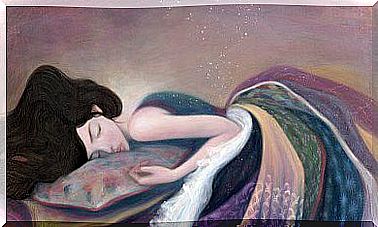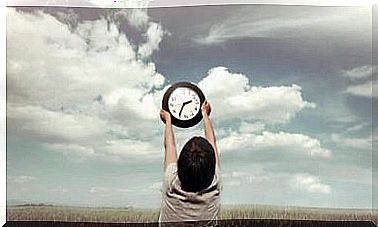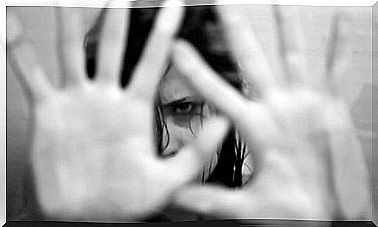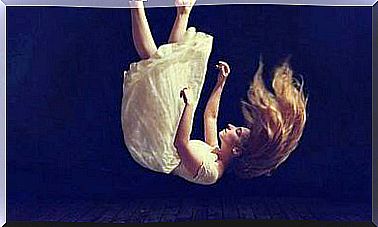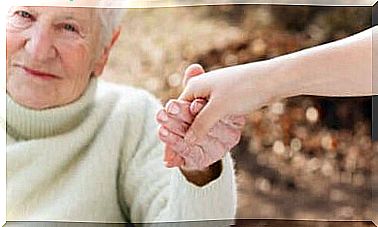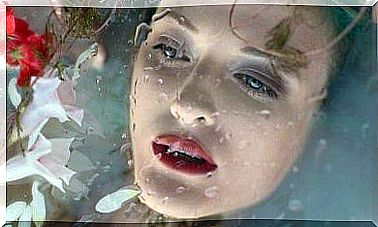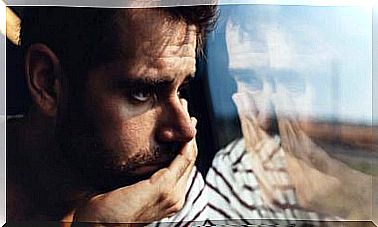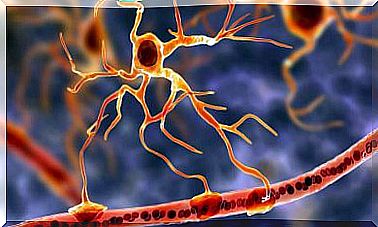Educational Psychology: Authors Who Taught Us How We Learn
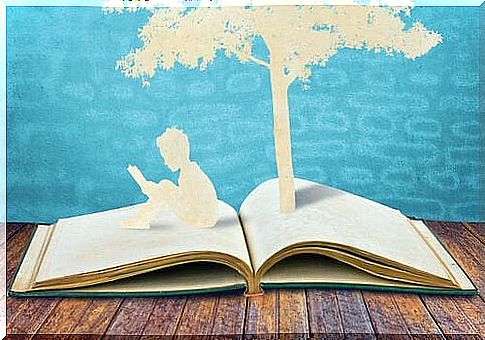
Aristotle once said: “The roots of education are bitter, but the fruit is sweet.” Much has happened since then in the world of educational psychology, but we could say that your words are as current today as they were 2000 years ago.
Over time, educational psychology emerged as a mix between pedagogy and psychology. A few years ago the interest in finding the psychological basis of educational practice arose. In this way, psychological principles can be applied to education, obtaining great results.
The Origins of Educational Psychology
It cannot be said that educational psychology existed centuries ago. However, Greek thinkers such as Aristotle or Plato laid the foundations of a cognitivist conception to determine human behavior. In fact, Aristotle considered that education is the duty of the State with respect to its citizens. So he differentiates it as a science, as his teacher Plato did, and adds the importance of virtue and ethics.
Centuries later, St. Thomas Aquinas returned to these theories considering that learning is a process of gradual intellectual acquisition of knowledge.
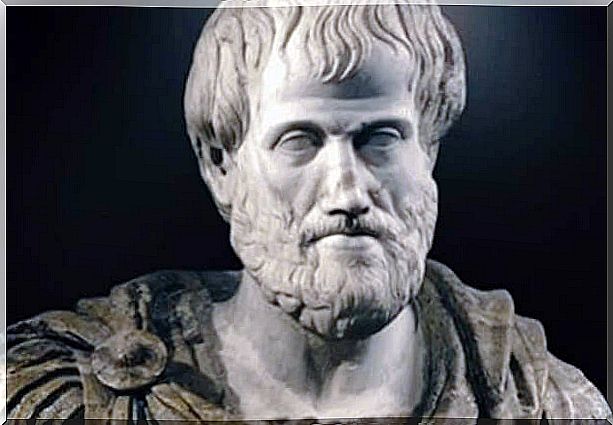
Renaissance and Humanism
During the Renaissance the idea of teaching based on experience was born. Thus, authors such as Luis Vives emerged, considered the father of modern psychology, who applies ideas such as motivation, learning and teaching rhythms.
Later, authors such as Juan Huarte de San Juan began to realize, through their theories of differential psychology, that each person has different abilities. His school orientation studies confirm the existence of people with varied temperaments and different abilities.
It is at this time that metaphysics separates from psychology. It is at this moment that a real path to a psychology of education opens up.
a new science
There comes a historical moment when education remains a cardinal point of reason and tries out other sources of knowledge. Rationalism develops its logic from authors such as Descartes and his methodological requirement. Authors such as Comenius claim that there are four fundamental educational characteristics: based on the laws of nature, on the cyclical order of teaching, on the inductive method, and on active and pragmatic teaching.
Then we come to Locke and Hume, who try to rescue the value of experience against logic and reason. For them, all knowledge has its origin in experience. Therefore, education must be oriented towards the disciplines that form the mind. Other authors such as Rousseau introduced a more naturalistic current. In this way, they encouraged the achievement of the pure state of man with an education that served as a guide and teacher in a natural way.
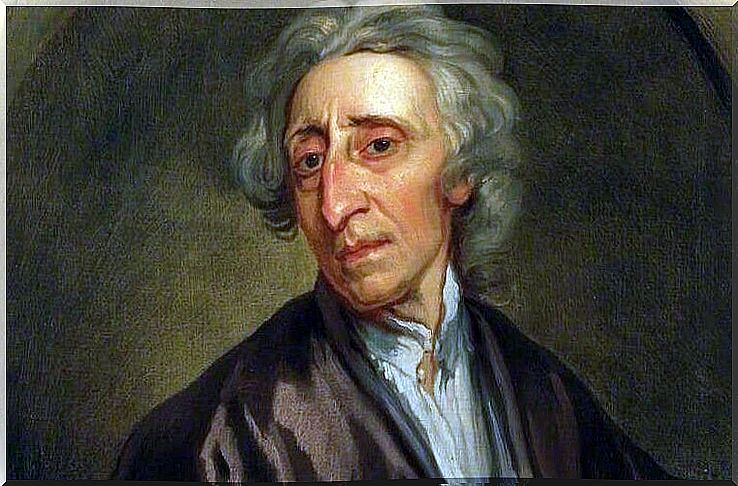
scientific psychology
So we come to modern times, where authors like Herbart appear, who claim that the teacher must know the educational purpose in order to be a “good teacher”. Therefore, he defends educational action from a psychological point of view. In this way, we come to Pestalozzi, considered the father of modern psychology. It brings the practice of naturalism, but observes that the student needs society to develop.
And we come to Dewey, who considers the active school as the need for educational renewal with three important aspects: the attitude towards the child, the student as the axis of educational activity and the importance of the content of teaching.
modern educational psychology
Finally, we come to the most current authors, who over the past century have made the world of modern psychology evolve. It all starts in the late 19th and early 20th centuries, with authors like Galton, Hall, Binet, James and Cattell.
Later, authors such as Thorndike appear, who define the problem of learning and its transference, as well as Judd, who works with psychometric tests. Schools such as behaviorism, Gestalt and Watson’s psychoanalysis are consolidated, which defends that our behavior is influenced by specific elements that are outside the focus of our consciousness.
Finally, with more contemporary authors, we find the contributions of famous names such as Skinner and Becker, with their behavior reinforcement approaches, cognitive currents in the studies of Piaget, Goodnow, Bruner, or humanists with Maslow, Rogers or Allport.

Thus, we end this quick review of the history of educational psychology, inviting the reader to delve into the subject. Here are the main names, starting points of passionate theories that try to explain “why we learn the way we learn”.
